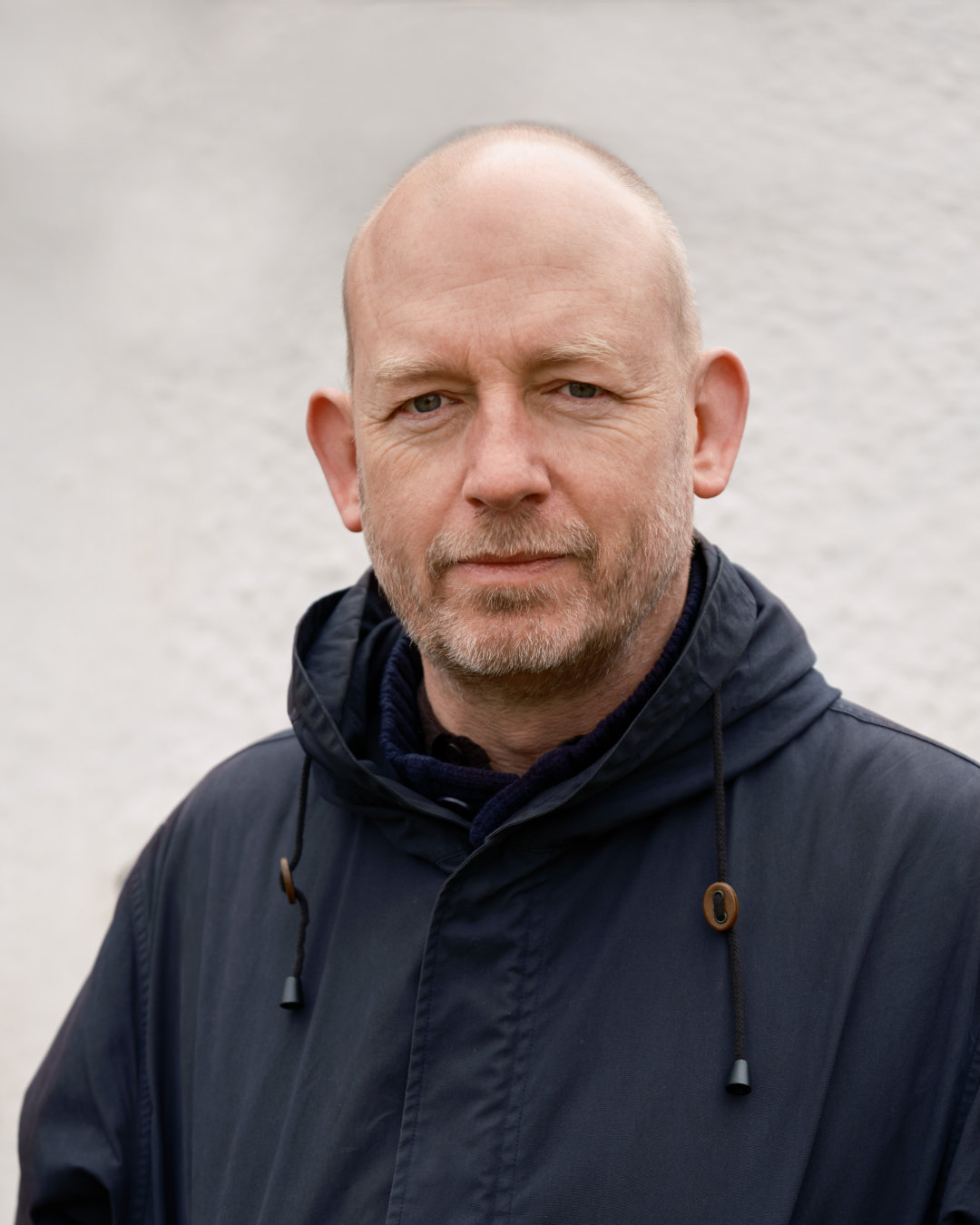
Portrait photo courtesy of Jake Ford.
Europe
Sweden
Malmö
Jake Ford is a British-born landscape architect with over 20 years of experience based in Malmö, Sweden. He is a partner at White Arkitekter and has been involved in helping the company grow internationally.
White Arkitekter is one of Scandinavia’s leading architectural practices. The practice focuses on sustainable architecture, urban design, landscape architecture, and interior design for current and future generations. Its mission is to enable sustainable life through the art of architecture.
White Arkitekter was founded in 1951 in Gothenburg by Sidney White to improve society through architecture. The original ideals of collective thinking and employee ownership are as strong as ever. Today, the practice has around 600 employees and offices in Sweden, Norway, the United Kingdom and Germany. The company is collectively owned by 80% of the staff members and 111 partners, working together to benefit society.
Relocating To Sweden
Curiosity And Trying Something Different
I worked as a landscape architect for eight years in the UK before I moved to Sweden in 2002.
It was not a career move, but I was curious about Scandinavia and liked the idea of working in a country I was not brought up in. I started working for quite a small office in Stockholm, which involved working very much locally as all projects were based in Sweden. I then moved to White Arkitekter in 2010.
The thought of working both internationally and on a larger scale was behind that move.
An International Practice
The Swedish Values
What Translate Into Other Contexts
White Arkitekter did not have an office in London when I joined the practice. I helped to establish our presence in the UK, and now we have a growing team based in London. We have also recently opened an office in Stuttgart and are working in Canada, the US and East Africa.
White Arkitekter is a Swedish company owned by its employees. The business model is built on collective decision-making, which can make us slightly more cautious in our approach to working internationally. While some practices might open a satellite office after winning a competition in another country, we have taken a more strategic path.
Another important aspect of our approach to international work is that we are mindful of the political landscape, ensuring we only work in contexts free from corruption or political controversy.
This cautious approach reflects our commitment to our values. For example, we have made bold statements about all projects being carbon neutral by 2030. Therefore, we are very conscious of the need actually to deliver on that promise. In times of economic downturn, it can be tempting for some to set those commitments aside, but we believe staying focused on our values is crucial. We want to be involved in projects that we believe will be successful, particularly regarding climate impact.
While we are always looking at opportunities in other regions, we have been focused on the UK market. The idea has always been to call it the London “studio”, with no ambition for massive expansion in the UK, but rather to work on projects that deal with similar issues which the Swedish offices are working with. We see it as a knowledge exchange and often invite collaborators to work with us on projects in Sweden.
It is interesting to see what ideas and practices translate between Sweden and other contexts, and vice versa.
This exchange has been my key focus, as both sides can learn much from one another. It is interesting to see what ideas translate between Sweden and other contexts, and vice versa.
We are often approached to join teams for projects where Scandinavian references are needed. Large urban projects such as Hammarby Sjöstad are featured in countless bid documents. These projects are studied globally, and many architects and city officials visit them, but a deeper understanding of how they came about is often missing. The political and contextual background—investment at the city level and in the public realm—is critical to their success.
Many architects reference Swedish projects, which are more strategic at the neighbourhood and city levels, but a deeper understanding of how they came about is often missing.
Sweden is more strategic at the neighbourhood and city levels, whereas the UK is more ambitious at the building scale. Cities like London have delivered some amazing projects, but they rarely answer the questions at the urban scale. Maybe that is an unfair comment considering the huge difference in the scale of cities.
From our experience in Canada, we have observed similar issues, where cities lack significant funds to invest in public infrastructure, so the responsibility falls on developers. Recognising these differences is crucial when working in different contexts.
“Social housing” in the UK is another good example. It is a significant topic of discussion in the UK, but in Sweden, it does not serve as a separate model. It is just housing. This highlights the importance of understanding how different models translate - or don’t - across countries and contexts.
I have been trying to avoid generalisations and instead of national stereotypes prefer to think about connections between cities. For example, Malmö can connect with cities like Liverpool or Marseille. They share similar issues, and exploring those connections can be more meaningful.
Collaborating With International Practices
The Swedish Model
Challenges Working In Other Countries
In Sweden, architects rarely work as general consultants, and their responsibility and liability during construction projects are traditionally lower compared to most other countries.
Germany is a good example of the contrast where architects have a very different role and greater responsibilities. It is not as simple as saying, "We've got a project in Berlin, let's have architects from Gothenburg work on it." That is why we have focused on building local studios with small teams capable of delivering projects on the ground while maintaining a strong connection to our Swedish offices.
The key is ensuring that the knowledge gained in these new studios is brought back to Sweden. Our goal is to deliver projects locally and work through all project stages while still upholding the core values of our Swedish practice. The risk is that the studio could become a "German office" producing "German projects," losing the essence of what we bring from Sweden.
Another interesting aspect, not unique to Germany, is that architectural practices there rarely include landscape architects or urban planners within the same firm. Typically, they collaborate with separate landscape or urban design offices.
In contrast, we take a more integrated approach, seeing buildings in the context of the broader urban environment. It is more common for larger Scandinavian offices to include these skills within teams.
These subtle differences are important to recognise, whether working in another context from Sweden or operating locally with a global mindset.
These subtle differences are important to recognise, whether working in another context from Sweden or operating locally with a global mindset.
The idea of international practices competing for work, taking it to stage 3 (developed design), and then handing it over to a local office does not seem like a particularly viable way to work. and is not sustainable or beneficial in the long term. We see this when working with Flores & Prats in Lund. The Project is part of a development project by Lund Cathedral who have great respect for the architect's role in working through all stages. This is the first building for the project and can set a bar where we can hopefully shift the role of architect here in Sweden. We are inviting several practices to collaborate in building a new neighbourhood. From there, we want to introduce developers into the conversation, flipping the traditional process. Instead of the developer choosing the architect, we want the architect to be the key connection to the client and ensure they follow the project through to completion.
Teaming Up For Bids In Sweden And Elsewhere
Taking An Honest Approach
Working Within The Parameters
We were recently in discussions with a wonderful practice from London about collaborating on a project here in Malmö. When we reviewed the opportunity, it was clear that it was developer-led, as is typical for projects in Sweden. They mentioned they had spoken with friends who had previously worked on projects in Sweden but had struggled to work within this context. The practice was clear in expressing their interest in producing high-quality buildings, but they found it very difficult to do so in Sweden due to a lack of control over the process, stipulated building systems and materials. Ultimately, we decided we should not pursue a project here; it must be the right fit for a collaboration.
It is a delicate balance. For a foreign architectural practice to succeed in Sweden, they need to understand the fundamentals of the Swedish building industry and work within those parameters.
It is a delicate balance. For a foreign architectural practice to succeed in Sweden, they need to understand the fundamentals of the Swedish building industry and work within those parameters. One cannot simply implement an approach that works in their home country without considering local practices.
Our London studio is a healthy mix of people with experience from Sweden and the UK. Additionally, we have team members throughout the offices in Sweden with experience in the UK, creating a valuable network of individuals who understand both contexts to ensure that our approach is sustainable and can understand what qualities we can bring to specific projects. One of our key goals is to find ways for the knowledge generated in the London studio to be fed back into Swedish projects.
One of our key goals is to find ways for the knowledge generated in the London studio to be fed back into Swedish projects.
We recently participated in a competition for Malmö University, which we unfortunately lost, collaborating with the practice Assemble from the UK. Their focus on the careful reuse of materials aligned well with the project brief, making the collaboration interesting. Their expertise was specific, and we found it a genuinely enriching process. It felt like a great partnership, where we played the "big uncle" role, allowing them to challenge our thinking and approach.
UK projects often require larger teams when competing for work. Clients typically look for a mix of scale and experience within the practices and genuine diversity within the team, including the leadership. White Arkitekter is a large organisation that can provide support in managing projects. We are careful that where the smaller local practices are included, they are given a voice, and are always keen to develop longer-term collaborations which are meaningful. Working with people who share the same values is important, and people with local knowledge of a place are critical to understanding the issues.
This kind of slow, thoughtful process in building teams is important. Diversity in practice is not just about ticking boxes—it is about integrating the complexity of different office sizes, and specialisms which can include local and international perspectives. The goal is to expand the conversation.
Cross-border Collaborations
Influencing And Contributing As a Large Practice
White Arkitekter, as a large organisation, has the opportunity and the capacity to be active in the wider discourse on the built environment at the city and policy level. One example of this is the LFM30 initiative in Malmö, which is a roadmap for achieving a climate-neutral building and construction Industry for the city by 2030. Working within an international community allows us to connect knowledge from other contexts which can influence practice and offer positive solutions for the mainstream.
We are also keen to connect to education and research. We recently partnered with Central Saint Martins - University of the Arts (CSM) on an initiative exploring climate change through the lens of the forest. The collaboration with CSM through The Forest School was a great opportunity for us to expand the conversation around the climate emergency and ecological thinking, together with researchers, activists and future practitioners. Those discussions fed directly into our contribution to last year’s Venice Biennale – ‘The Laboratory of the Future’.
White Arkitekter sponsored a series of talks which our staff were able to participate in. We have been actively figuring out how to set up an exchange where CSM students critique White’s projects and vice versa. We also tried to host CSM students at our offices in Sweden, but Brexit put a stop to that, unfortunately. But we do have an ongoing dialogue with the school.
Being curious and engaging in conversations with a broad range of individuals in different contexts is important, and hopefully, that feeds into our built projects.
Becoming a Diverse Practice
Uniformity
The Elephant In The Room
Addressing The Wider Issues
Being British gave me an easy start in Sweden but there were cultural differences to understand. I remember starting in Stockholm and bringing references from the UK when discussing projects based in Sweden. However, I never quite figured out why they were not received as I expected. It was not clear if it was disinterest, if they thought the ideas were not relevant, or if there was some other reason for being dismissive. There was something unspoken, and I found it quite interesting.
Friends have had similar experiences, especially if they didn’t go through the Swedish education system, but hopefully, things have changed.
Part of it might be related to offices working within very strict requirements from developers which produce a narrow blueprint for architecture. The Swedish construction industry is highly standardised, and predominantly based on off-site manufacture where the non-standard is problematic. If someone comes in with ideas from somewhere like the Architectural Association, they might easily be seen as irrelevant to that process.
We are aware of the uniformity in our company when it comes to the diversity of staff and are active in changing that. Most Swedish architectural offices tend to be quite homogeneous. There are recent initiatives such as Urban Academy in Malmö, which aims to shift the industry to reflect the city's diversity. The report, produced by the city planning office, will be a tool for Malmö to be the first city in Sweden to take action against a lack of diversity in the architectural profession. Finn Williams, the new city architect here has brought tools from his experience in London to the city.
Most Swedish architectural offices tend to be quite homogeneous and very Swedish. There is an absolute awareness of that.
Immigration in Sweden is relatively new compared to countries like the UK, where first-generation kids with non-British parents make up a large portion of the population. It is a huge subject here in Sweden, and it is good that these discussions are surfacing in the industry. I think it is important to bring up uncomfortable issues that Swedish society often struggles to talk about or even acknowledge. Malmö is Sweden’s most diverse city and that is a huge opportunity.
One of the challenges we face as an employer is tied to Sweden's union rules, especially the "last in, first out" policy. When we have had to make people redundant, it often means the most recent hires—who are frequently non-Swedish—are the first to go, and this leaves us with an office that is predominantly made up of older, Swedish staff.
We need to take the variety of backgrounds people come from seriously, to ensure a balance of lived experiences.
We need to take the variety of backgrounds people come from seriously, to ensure a balance of lived experiences. It is not just about working internationally from Malmö; it is also about addressing the wider Swedish context and seeing Malmö as an international city. It comes back to the discussion about livability. Livability for who?
September 2024
Interview by International Architects Sweden.
Read More
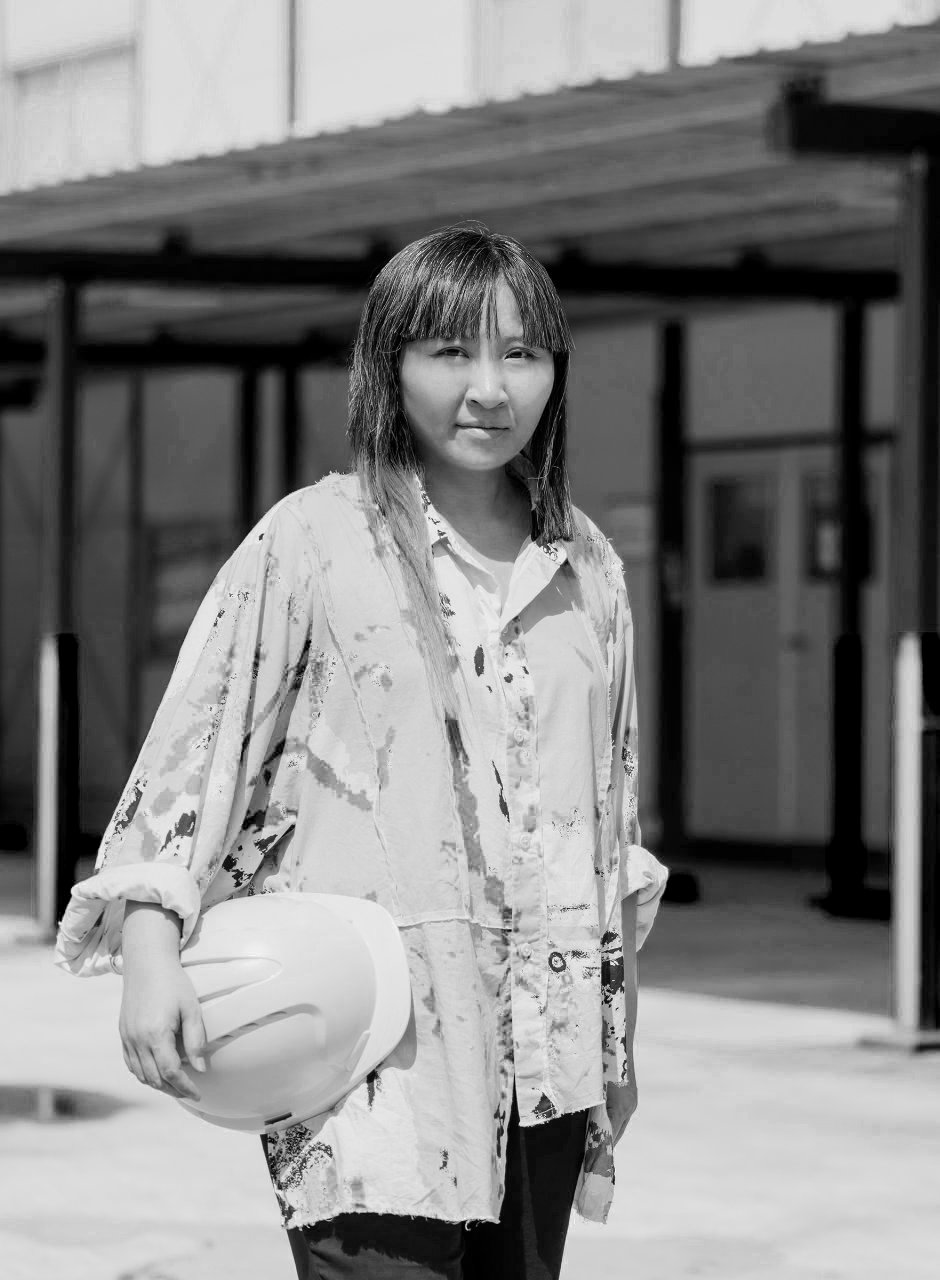
Vivien Leong || SingaporeGlobal Dialogues
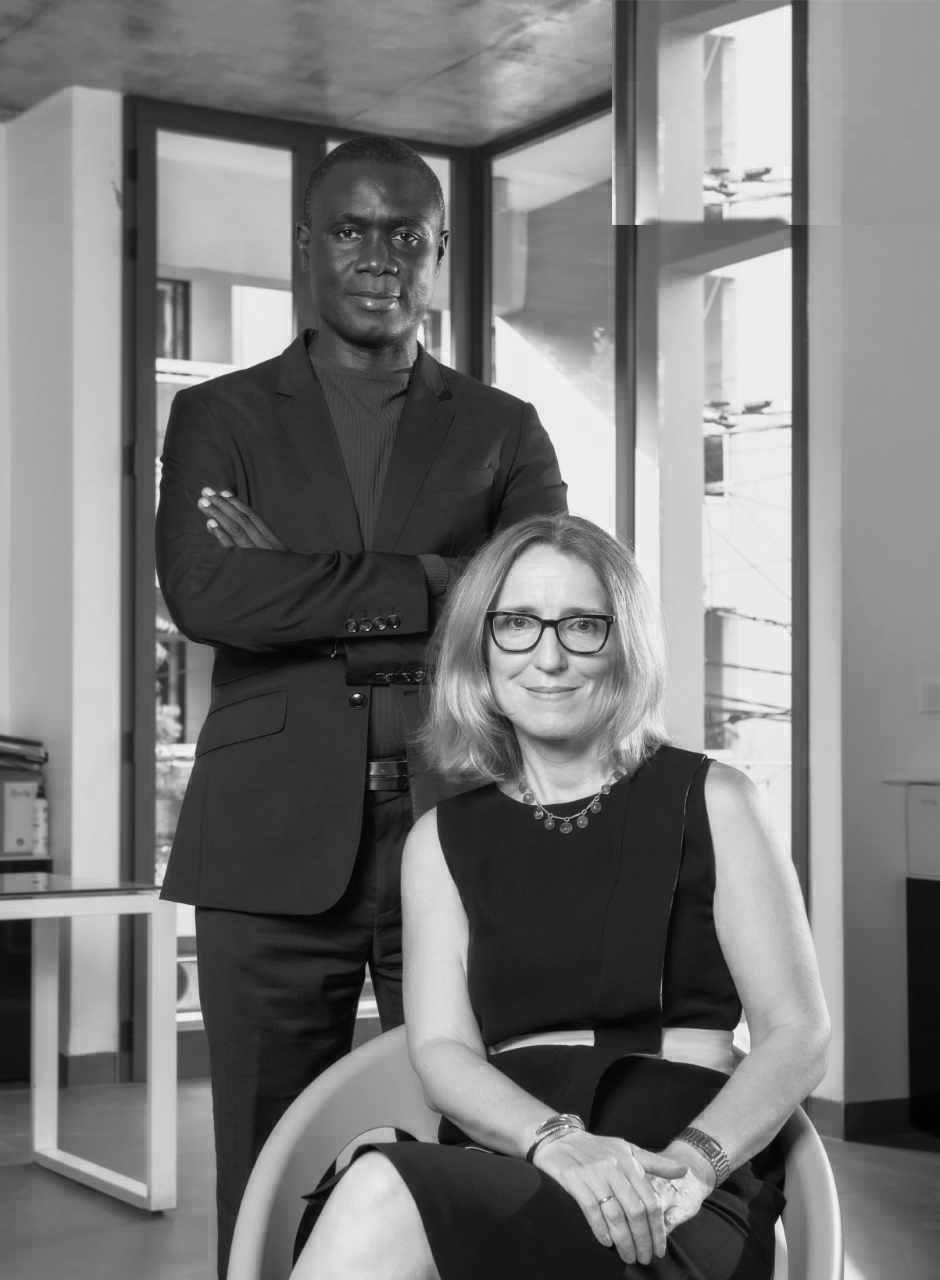
SENE STUDIO|| SenegalInterview
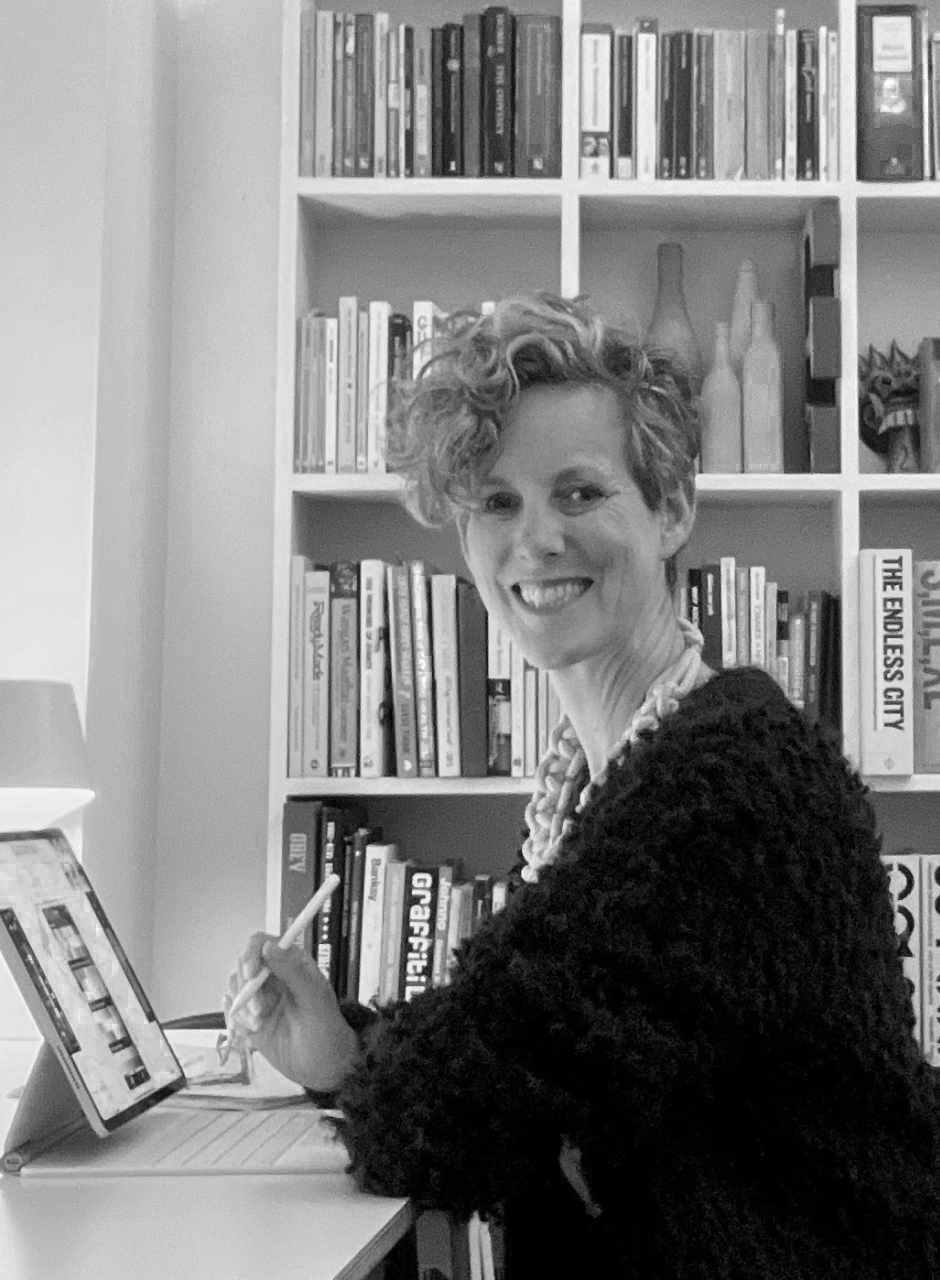
Angela Dapper|| AustraliaGlobal Dialogues
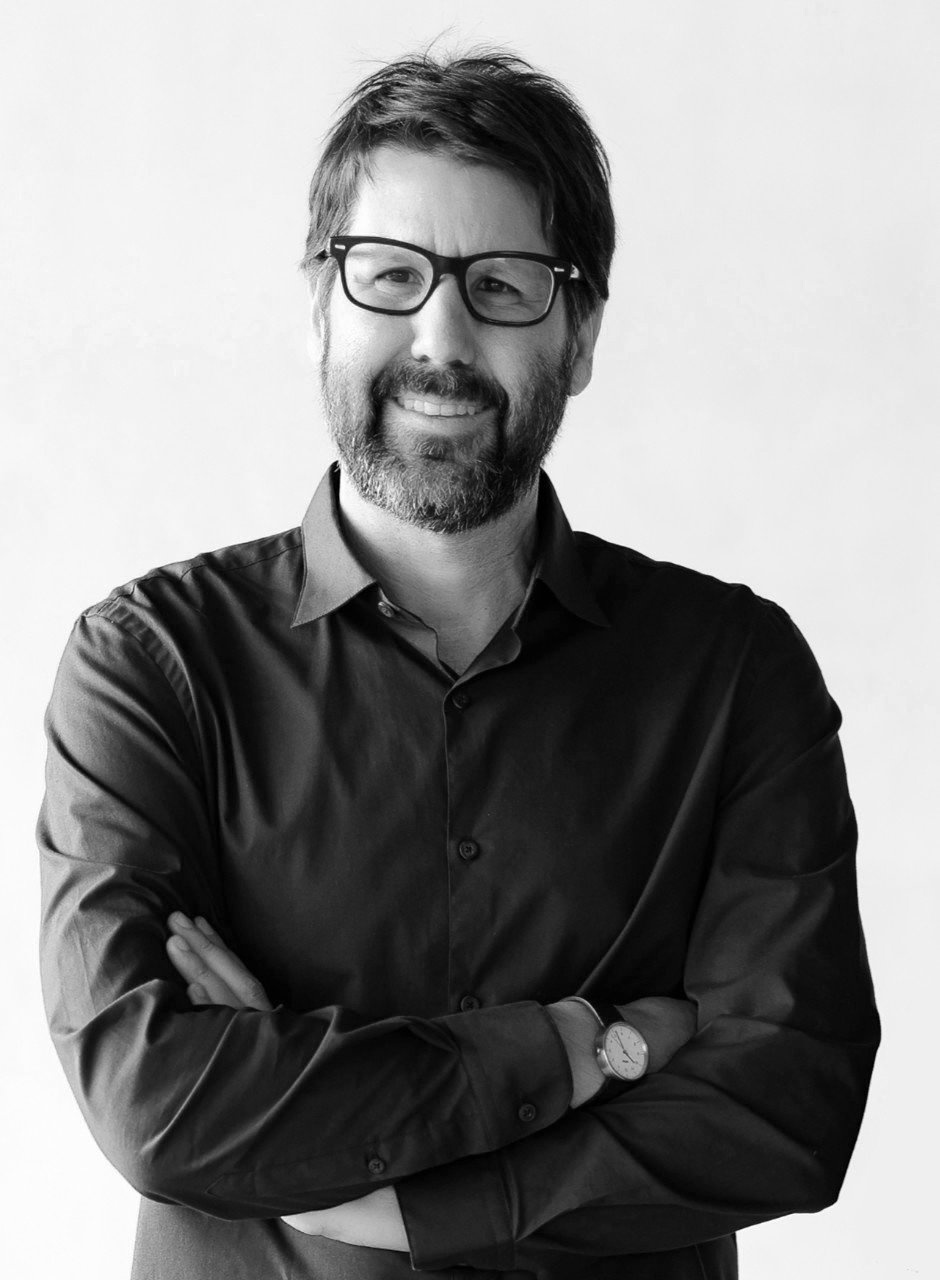
Bruno Campos|| BrazilGlobal Dialogues

Habibeh Madjdabadi || IranGlobal Dialogues
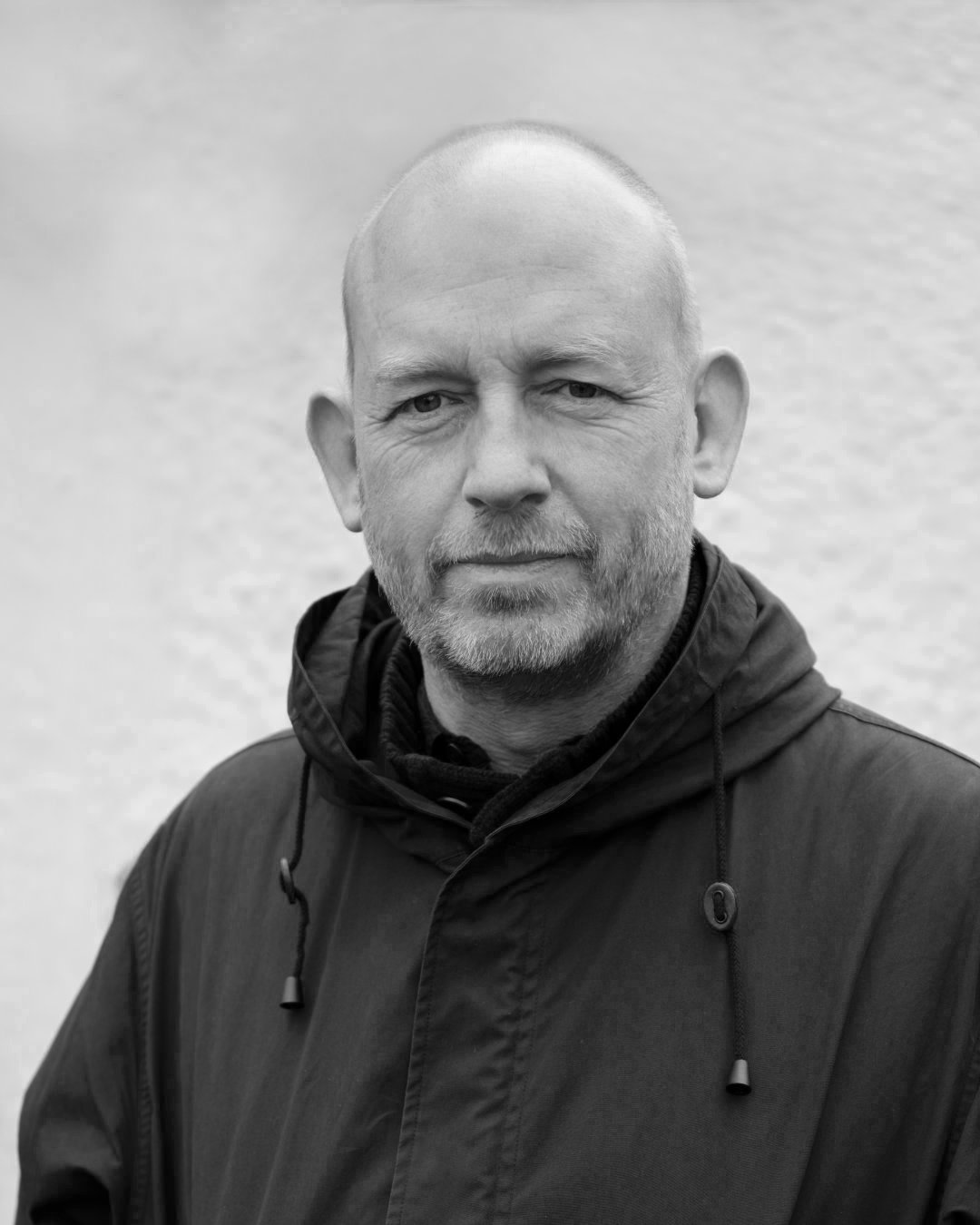
Jake Ford|| SwedenGlobal Dialogues
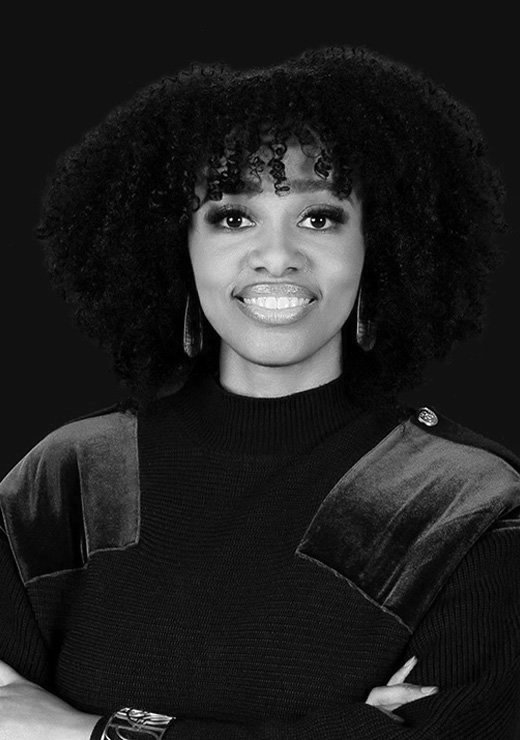
Pascale Sablan|| USAGlobal Dialogues
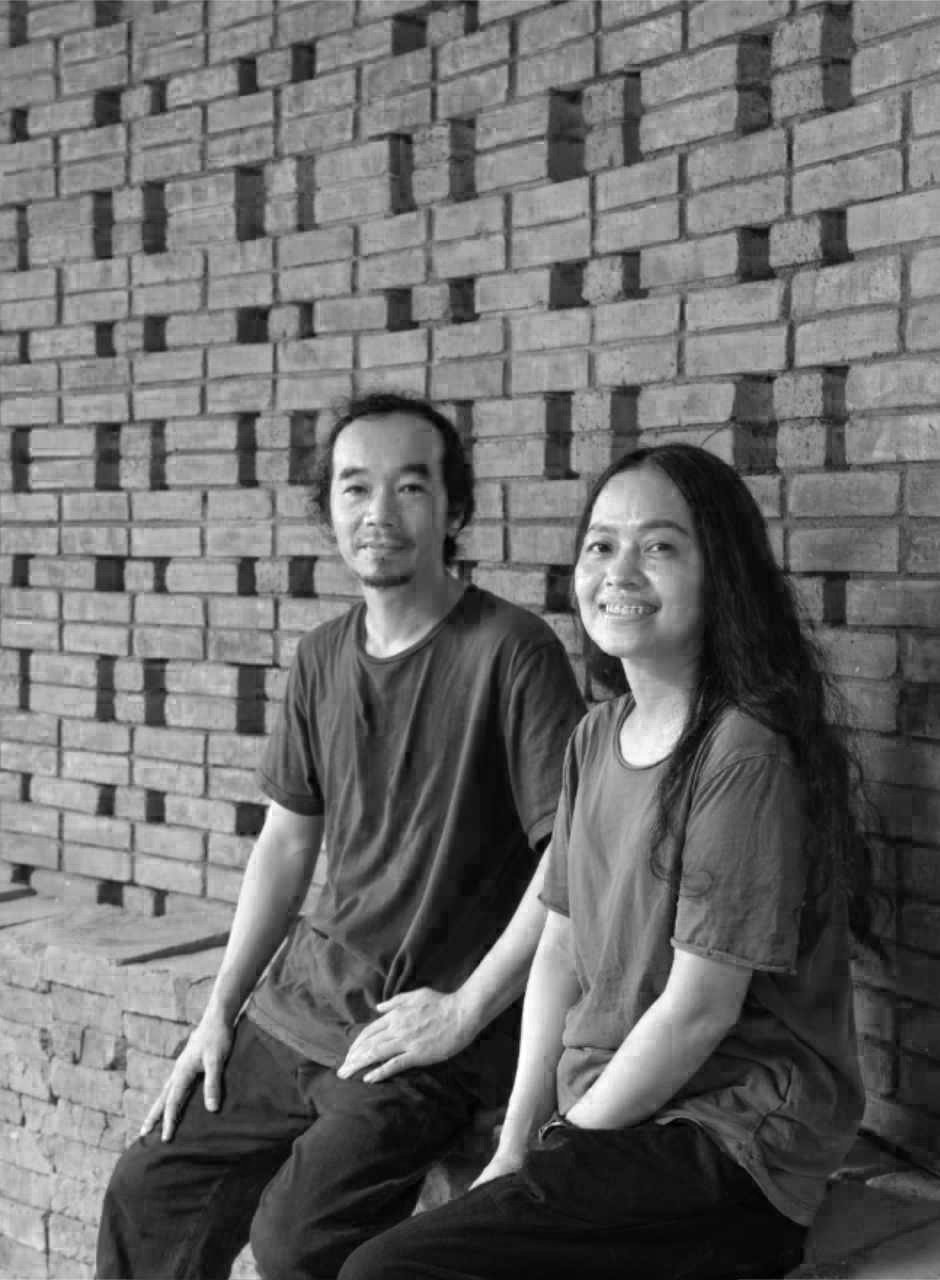
Tropical Space|| VietnamGlobal Dialogues
